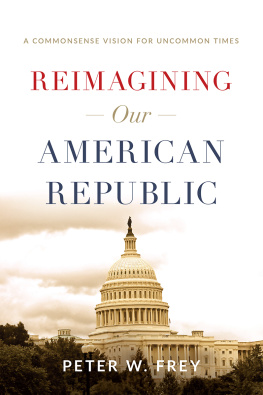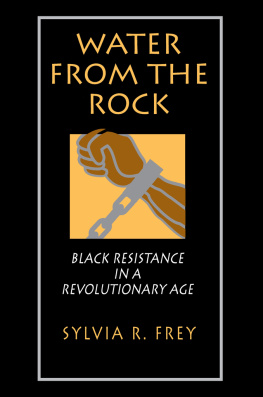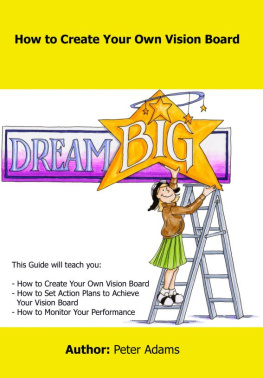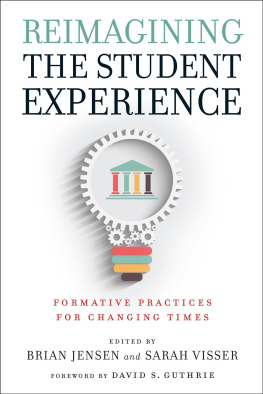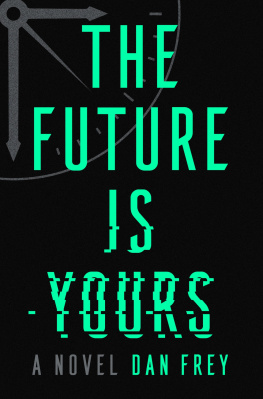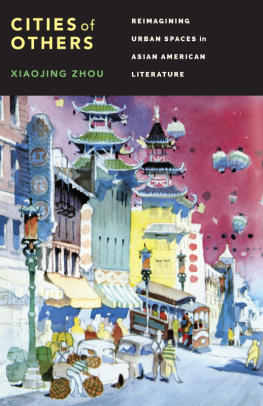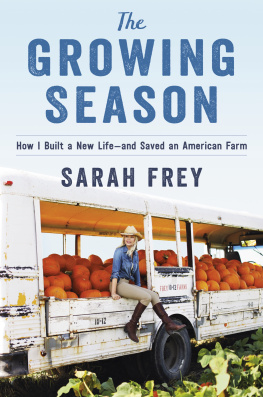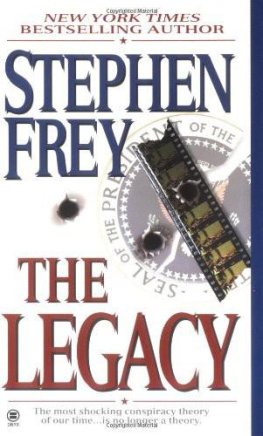
This publication is designed to provide accurate and authoritative information in regard to the subject matter covered. It is sold with the understanding that the publisher and author are not engaged in rendering legal, accounting, or other professional services. If legal advice or other expert assistance is required, the services of a competent professional should be sought.
Published by Greenleaf Book Group Press
Austin, Texas
www.gbgpress.com
Copyright 2019 Peter W. Frey
All rights reserved.
Thank you for purchasing an authorized edition of this book and for complying with copyright law. No part of this book may be reproduced, stored in a retrieval system, or transmitted by any means, electronic, mechanical, photocopying, recording, or otherwise, without written permission from the copyright holder.
Distributed by Greenleaf Book Group
For ordering information or special discounts for bulk purchases, please contact Greenleaf Book Group at PO Box 91869, Austin, TX 78709, 512.891.6100.
Design and composition by Greenleaf Book Group
Cover design by Greenleaf Book Group and Sheila Parr
Cover image iStockphoto / yamonstro
Publishers Cataloging-in-Publication data is available.
Print ISBN: 978-1-62634-602-4
eBook ISBN: 978-1-62634-603-1
Part of the Tree Neutral program, which offsets the number of trees consumed in the production and printing of this book by taking proactive steps, such as planting trees in direct proportion to the number of trees used: www.treeneutral.com
Printed in the United States of America on acid-free paper
18 19 20 21 22 23 10 9 8 7 6 5 4 3 2 1
First Edition
DEDICATION
A s the twig is bent so grows the tree. My sixth-grade teacher, Mrs. Manikowski, took me under her wing and provided an introduction to intellectual endeavor that has stayed with me for life. In high school, Kenneth Fielding taught chemistry and physics, imparting to me a love for science that led to my college academic focus. At Yale, professors Fred Sheffield, Allan Wagner, and Neal Miller converted a young man with many rough edges into a budding young scientist. In graduate school at the University of Wisconsin, Leonard Ross, my major professor, contributed hours and hours of his valuable time working to improve my writing skills. My masters thesis went through thirteen revisions before submission to the review committee. I am indebted to these individuals, as well as many others, who provided valuable advice and encouragement that indelibly altered my life.
In my freshman year of college, I met a lovely young lady who has enriched and ordered my life. After graduation, we recited our marriage vows to live together from this day forwardfor better, for worse, for richer, for poorer, in sickness and in health, until death do us part. Fifty-four years later, we can look back on the joys of many little victories, several very serious crises, and the love and companionship that make life worth living. I dedicate this book to my wife, Ruth, and to the educators who generously invested in my future.
CONTENTS
PREFACE
G rowing up in the 1940s and 1950s, I experienced a world that is vastly different from the world experienced by young people today. The contrast is stark. There were no home computers or cell phones. No one had even imagined being able to access information from something like the internet. I was a junior in high school when my family acquired our first television set. The nation was recovering from the challenges of a major world war. Travel abroad or even a summer vacation near home was a luxury that required a disciplined savings program. Most families were focused on the basics of a comfortable life: a job, a decent home, and food on the table. As our country recovered from the deprivations of the war years, we were optimistic about the future. In my grammar school, my fourth-grade teacher introduced the class to the basics of poetic expression and asked each of us to write our first poem. My poem captured the attitude of most young people during the 1950s: I live in the land of plenty / I live where men are free / my future has no limit / it all depends on me. This is probably not a sentiment shared by most young people today.
My childhood was spent in a small, smokestack factory town located in a river valley in western New York State. The school system was adequate but far from optimal. My early education was not challenging. I seldom had homework. My mother questioned this anomaly, but my report cards suggested that my schooling was going well. At that time in small-town America, young men were concerned with football, basketball, baseball, and dating someone who impressed their friends. World events were far away and of little concern.
I was the youngest of four children. When it was my turn to attend college, the family finances had been depleted by my elder siblings. I was fortunate to qualify for an athletic scholarship at a small liberal arts college in Pennsylvania. After two years, I applied to transfer to an Ivy League school. Unbeknownst to me, Yale had just completed construction of two new residential colleges and was accepting twice as many transfer students as would normally be the case. It was also fortuitous to have my transcript reviewed by an assistant dean who never missed a wrestling match at Yale. At the time, wrestling was my premier sport. Lady Luck was on my side, and I made the cut.
As a transfer student at Yale, I was ineligible my junior year for intercollegiate athletics. For the first time in my life, I applied my competitive instincts to my academic studies. I was surrounded by students with private school educations and support from wealthy families. This gave me a strong incentive to demonstrate that a kid with a middle-class, public school background could make the grade. I worked hard, and with encouragement and support from some very capable faculty, I morphed from a confirmed jock into an aspiring scholar. To the surprise of everyone, including myself, I graduated with honors.
The Soviet Union had recently launched the first astronaut into orbit, and our nations leaders were concerned that our country was falling behind in the space race. Congress approved funding for the graduate training of young scientists. The timing was serendipitous. I received a National Science Foundation fellowship for four years of graduate study. My two years at Yale and four years in graduate school completely altered my life. My father had expected me to join him in the building-supply business he managed. Instead I became a university professor. After thirty years of teaching and doing research at Northwestern University, I accepted a position as the managing partner of a small business. This start-up company became a pioneer in the new field that has become known as predictive analytics.
I have provided this personal testimony to demonstrate the value of education. Every young person should have the opportunities and lucky breaks that I enjoyed. How much stronger the American economy would be if all our children had auspicious beginnings. Our nation can do a much better job preparing our children for the future. They cannot vote, but they are the key to our nations destiny. Spending tax dollars on prescriptions and medical care for seniors limits what can be spent elsewhere. Retirees like me have had a chance to prosper and contribute to society. It is time to give our children the same opportunities that we enjoyed.



